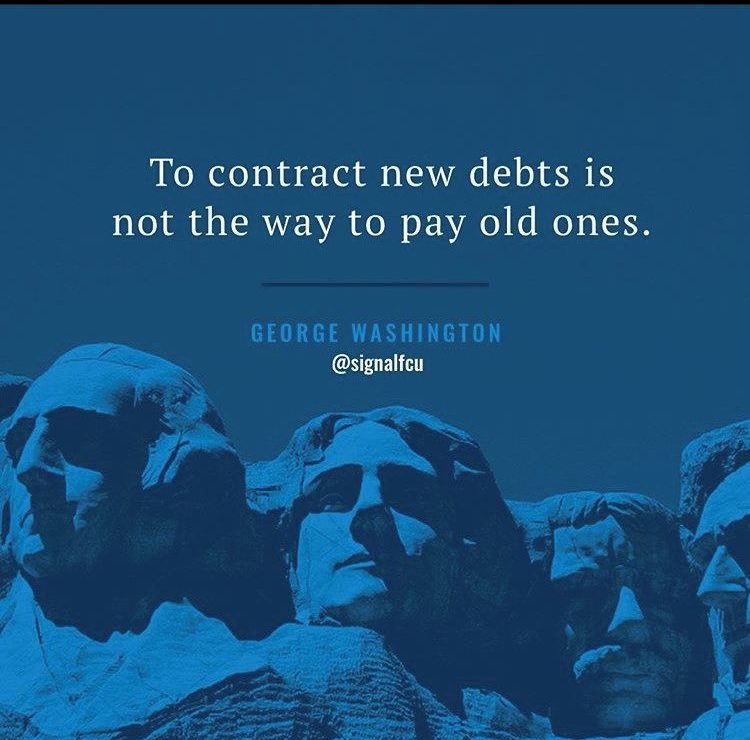I’ve never been a big fan of New Year resolutions, I feel like if you notice something about your life that you don’t like, you should take immediate action to eradicate whatever that issue is. However, I do understand the concept of a new beginning with the start of a new year, or a new season. With that being said, April is here which means it’s officially Financial Literacy Month. This is a perfect reason to step back and evaluate your current financial situation and challenge yourself to improve .
By the time you read this, many of us will have received a $1,200 check from the IRS as part of the $2 trillion stimulus package that was passed last month to provide relief to our country’s economy due to the Covid-19 pandemic. Even though $1,200 is not a huge fortune, it will undoubtedly help many during this unprecedented time.
Some may use the money to catch up on bills, while some may add the money to their emergency savings account. Hendrith Smith, a Virginia banker and author stated in his book The Wealth Reference Guide: An American Classic, “The principles of wealth are true regarding large amounts and small amounts. It all begins with the smallest unit of currency.”
It’s not my place to advise anyone on how to utilize their funds, but I can provide some ideas to keep in mind during Financial Literacy Month, from behind the teller line of course.

- “You’ve got to tell your Money what to do or it will leave”- Dave Ramsey.
Along with Financial Literacy Month, April also happens to be “Teach a Child to Save” month. It is never too young to teach the future generations about saving and other financial concepts. One way to instill the importance of saving money to the younger generations is by asking them to save for a future purchase (i.e.: doll, video game) instead of buying it for them.This will also teach the youth the importance of a hard-earned dollar along with discipline.

- “To contract new debts is not the way to pay old ones”- George Washington.
If you have some type of debt, don’t feel bad as the overwhelming majority of Americans are in some type of debt. According to USAtoday, 79.9 % of Generation X has some type of debt, while Millennials have 5%. Those debts include mortgages, student loans, credit cards, auto and medical . If you have outstanding debt(s), you want to avoid adding to those debts at all costs. Creating a budget will help you realize how much money you can afford to spend that month, and discipline will help you stay within that budget to avoid having to go into further debt.
- “Investing should be more like watching paint dry or watching grass grow. If you want excitement, take $800 dollars and go to Las Vegas”-Paul Samuelson.
Basically, Mr. Samuelson was saying that it takes patience to see returns on investments over time. It is a gradual process. This same attitude can be applied to our financial wellness overall. It will take time, but it will be worth it when you see the growth and progress in your personal finances if you practice discipline and patience and don’t get tempted by get rich quick schemes.
We are currently living through a world-altering time in history. Improving our personal financial situation should take precedent over everything right now, besides staying safe and healthy. April is almost over, but fortunately Signal Financial FCU is dedicated to helping our members improve their financial situation year-round. For more information about the credit union please visit, www.signalfinancialfcu.org.
Written By- James Fleet, Member Relationship Specialist



